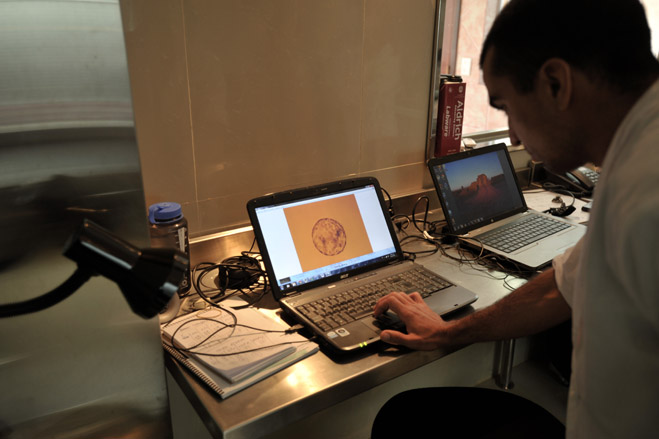Brazilian researchers are turning to cloning to help fight the perilous decline of several animal species.
The scientists at Brazil’s Embrapa agriculture research agency said this week they have spent two years building a gene library with hundreds of samples from eight native species, including the collared anteater, the bush dog, the black lion tamarin, the coati, and deer and bison varieties, as well as the leopard and the maned wolf.
While still in its early stages, with the birth of a clone likely years away, the project represents Brazilian scientists’ first foray into the cloning of wild animals, said team leader Carlos Frederico Martins.
Other conservation groups have welcomed the plan, but say the priority should always be to preserve species in the wild by minimizing hunting and maintaining habitats. Within a month, Embrapa hopes to begin cloning the maned wolf, which is classed as “Near Threatened” on the International Union for Conservation of Nature (IUCN) Red List of endangered species. About 13,000 remain across South America.
As well as jaguars and maned wolves, the researchers hope to clone black lion tamarins , bush dogs, coatis, collared anteaters, gray brocket deer and bison.
There are no plans to release cloned animals into the wild, says Embrapa’s Carlos Frederico Martins. Being clones, they would lack the genetic variability of wild populations.
